
Love Actually
We knew this moment would come but no one had prepared us for it. In the midst of the second wave of the coronavirus, many are already talking about the fact that **the third wave that is yet to come this time will be psychological. **
Unlike March when this situation caught us all off guard and there was strength for the applause at 8:00 p.m., the video calls in the afternoon, the cake recipes or the yoga classes from the living room; It is now when the population is much more tired, hopeless, sad and unmotivated.
The main reason? The non-existence of an end date for restrictions, infections, social distance, masks or hydroalcoholic gel, which only worsens the negative emotions that condition the day to day. not to mention the economic, social and personal repercussions that this health crisis is having on people.
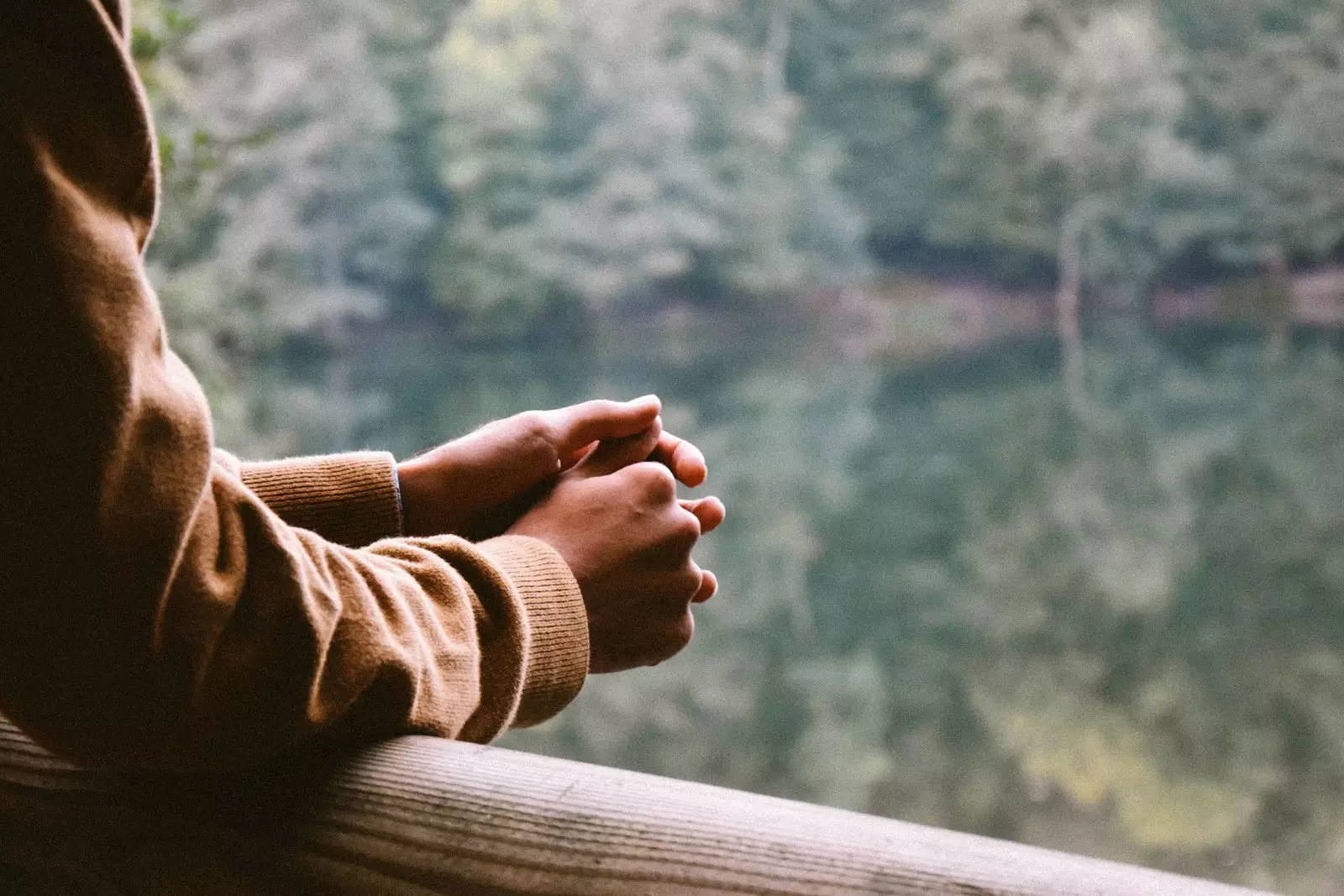
The current situation supposes a change and, in addition, one not chosen voluntarily
The feelings have been there for months, but it has been just now that the WHO (World Health Organization) has decided to name and surname this disorder that more and more people are experiencing: pandemic fatigue.
All this time feeling like this and finally the highest specialized health agency at a global level has arrived to tell us that we are not alone in this.
But what exactly does the so-called 'pandemic fatigue' consist of? And the most important of all, What are the keys to dealing with it in the best possible way? Experts in the field answer!
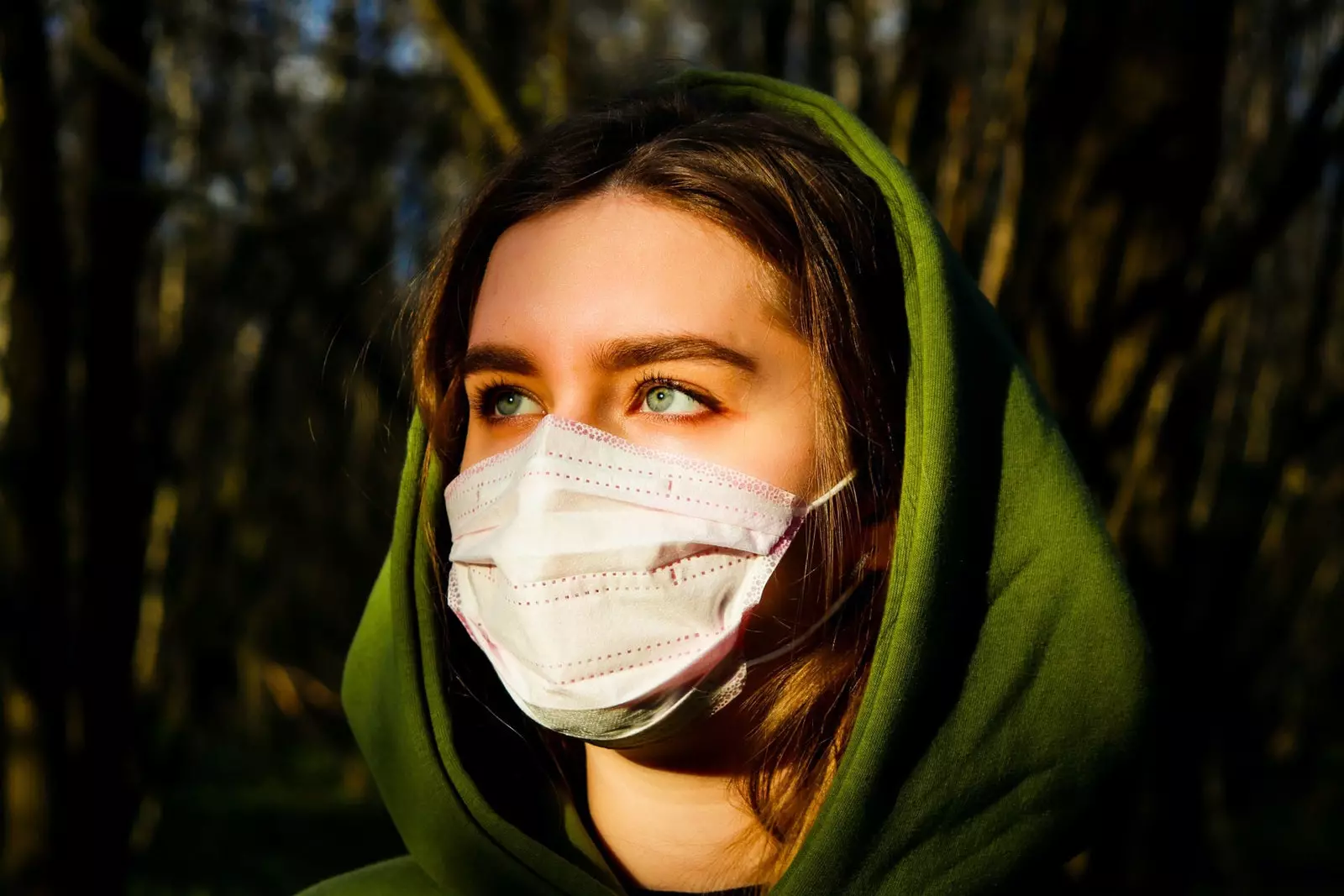
The uncertainty of the “new normal”
DEFINING PANDEMIC FATIGUE
“Pandemic fatigue is a disorder that has already been cataloged by the World Health Organization and that consists of the consequences of having been subjected to a period of long-term stress. When we experience these kinds of emotions for a long time, what happens is that our body gets tired, weakens and we begin to have behaviors that are not appropriate for our body or our mind” , tells Traveler.es **Cristina Larroy, Professor of Clinical Psychology at the UCM and director of the Psychology Clinic at Psychall. **
“Stress in moderate forms helps us achieve goals that we might not otherwise reach. What happens is that we cannot be with such an amount of anxiety and nervousness for such a long time. There comes a time when our brain is exhausted and does not know how to respond, whatever we do we cannot get out of the one that is coming at us and in the end all that ends in a psychological or mental health problem. And it is just what is happening to many people today, ”she continues.

How to combat pandemic fatigue?
That's when feelings like tiredness, hopelessness, fatigue, depression, anxiety, boredom and even in some cases they experience thoughts of suicidal ideation.
“We live waiting for the end of all the restrictive measures, and we continually think about that future where everything goes back to the way it was before, and since it does not come, demotivation, sadness and reluctance take a toll on our mental and physical health. We live wrapped in a kind of incessant despair for everything that we have lost and does not return, and it is lived as a grieving process”, adds the psychologist and sexologist Judith Viudes.
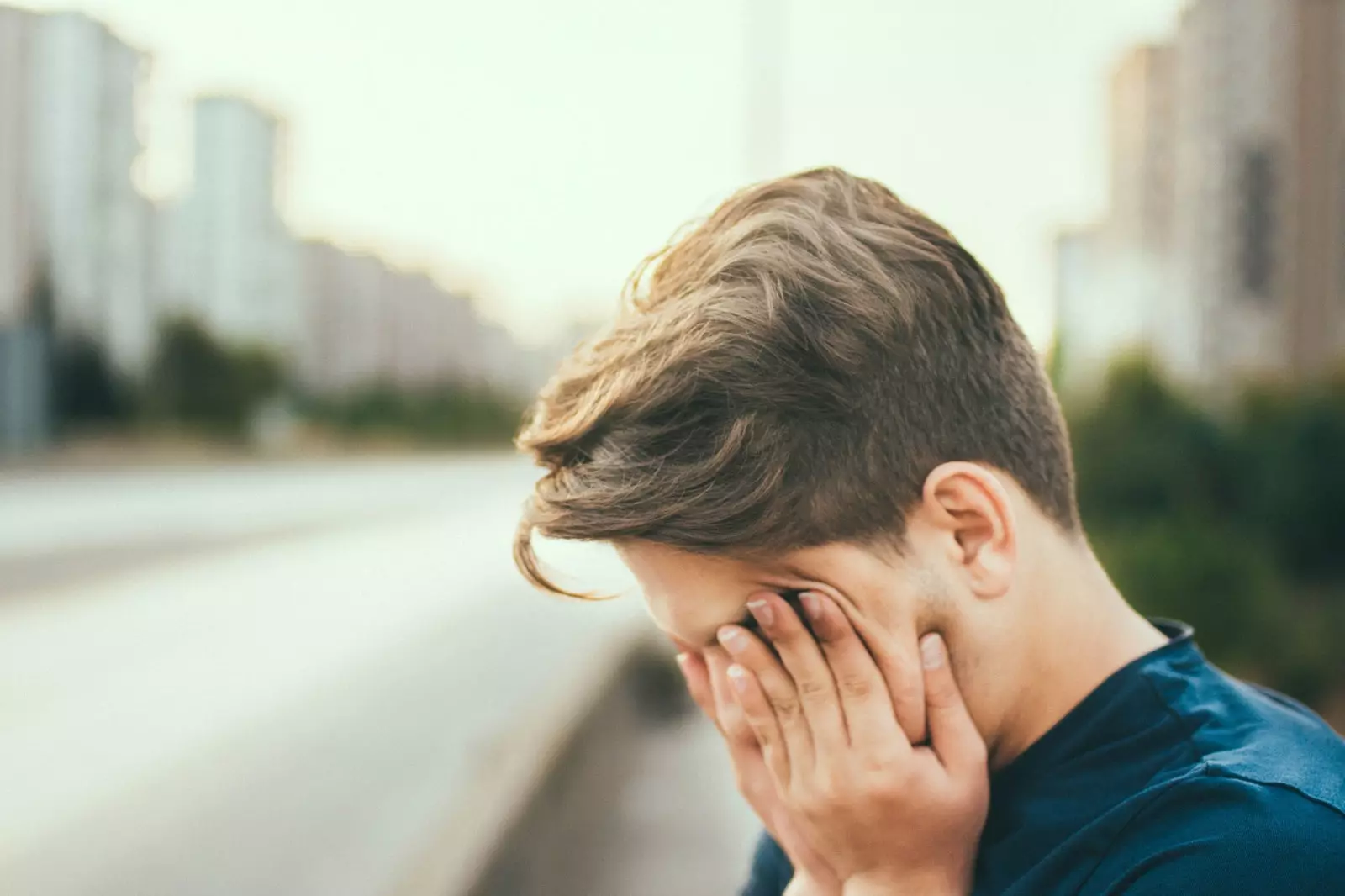
The third wave that is yet to come this time will be psychological
DEALING WITH THIS SITUATION IN THE BEST POSSIBLE WAY
Just like what happened during the lockdown, There are a series of guidelines or recommendations proposed by experts to manage these feelings in the most bearable way, within the complexity of the matter.
The first great recommendation is to live in the present, the future will come. In a society that lived with a thousand tasks both in the short, medium and long term, this health crisis had to come to make us stop cold and give a 180º turn to our routine as we knew it.
Now it's time to adapt to not look beyond the day to day and enjoy the small pleasures that life gives us, whether it's a small committee meeting with family or friends, uncorking that bottle of wine, taking a walk in the park, reading a good book or dining at your favorite restaurant.
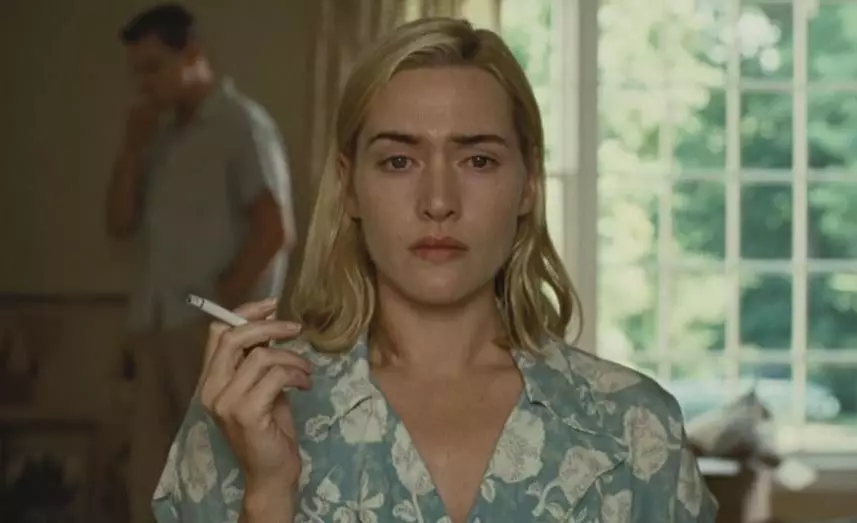
Revolutionary Road (2008)
“We have to try to focus our attention on the present, on what we have, on what we can control, on what we can intervene. And although this is a long succession, understand that the end will come, but not now. Accepting what we are experiencing is a process, and each person experiences it and develops it in a different way”, says Judith Viudes.
We must also be very careful with information overload in these times of pandemic. “It is advisable to do an informative detox, and not overload ourselves with information related to the coronavirus, apart from select the informative sources very well", Judith continues.
"Disconnecting from it is important to be able to connect with ourselves and our life, because if we don't learn to manage all those catastrophic and destructive thoughts, they will end up aggravating our mental health”, recommends the expert in psychology and sexology Judith Viudes.

Eat Pray Love (2010)
And the most important of all: maintain healthy habits and routines that benefit both our body and our mind with the intention of creating an emotional balance, in harmony with the environment and with oneself. Both Judith Viudes and Cristina Larroy propose:
-Set a sleep routine (sleep an average of 8 hours a day).
-Carry one healthy nutrition.
-Do moderate exercise and if possible outdoors.
-As much as we should check the news once or twice a day.
-Search activities and hobbies that we find pleasant.
-Maintain contact with close people It is of vital importance always taking into account the recommendations that Health imposes at all times and being responsible in all cases.
-Search one slot a day for oneself It's very important.
What if we face a momentary crisis where anxiety does not let us see beyond? “When we have a panic attack or a lot of stress, we must carry out everything previously learned, whether they are breathing exercises, meditation or mindfulness”, indicates Cristina Larroy.
And of course, if the time comes when we see that all this is beyond us, we must ask the professionals for help. “In the end, people do not have to be trained or be specialists in knowing how to deal with the consequences of this tremendous situation like the one that has come upon us”, continues the Professor of Clinical Psychology at the UCM and director of the Clinic of Psychology of the Psychall.
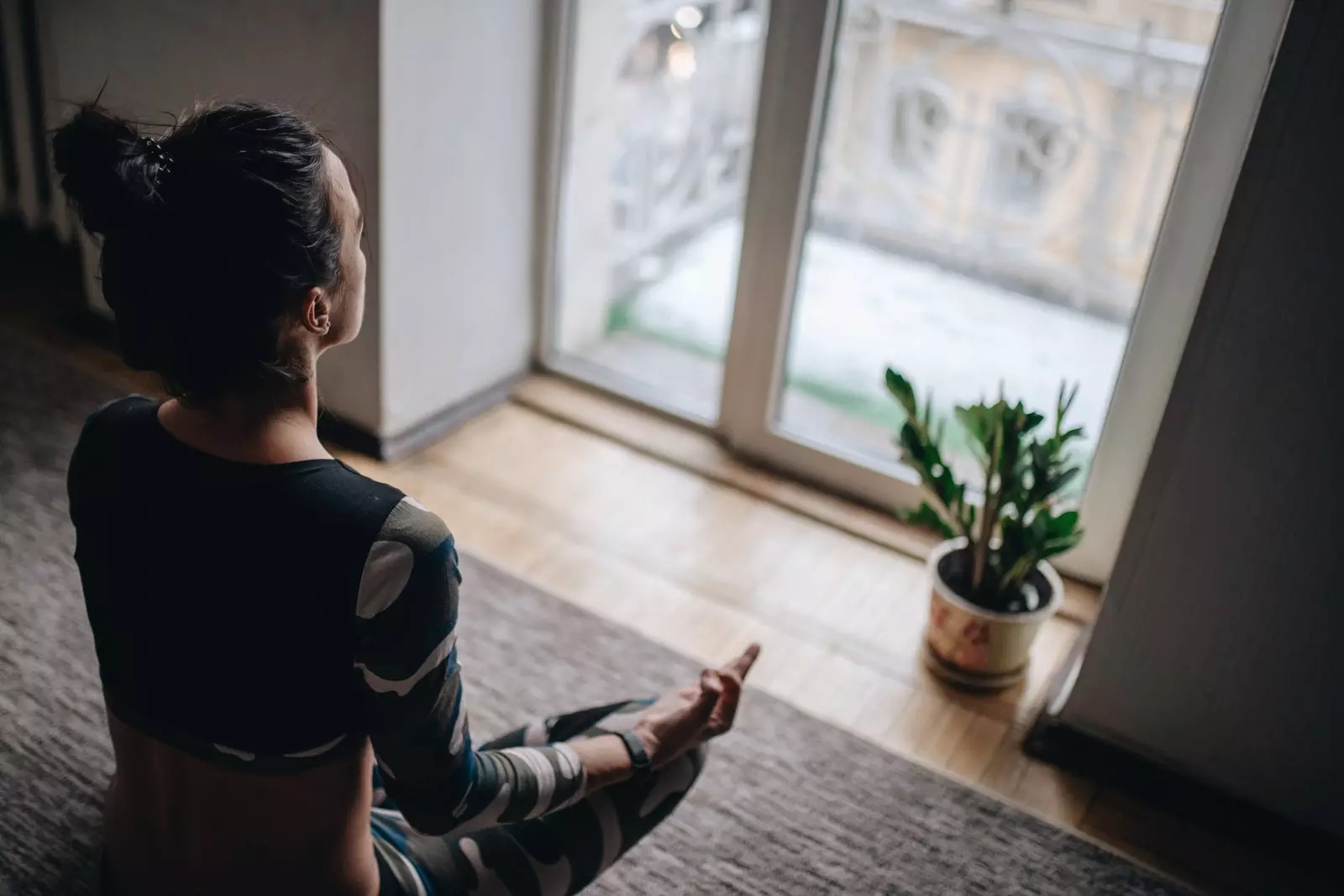
Take a breather: practice mindfulness
THE IMPORTANCE OF GIVING MENTAL HEALTH THE VALUE IT DESERVES
This pandemic has done nothing but create uncertainty at every step we take, But if we can state something clearly, it is that the time has come to give mental health the importance that it has been claiming for centuries. and it is time to highlight the shortcomings of this system, not only in Spain, but in many parts of the globe.
As Judith Viudes indicates: “This context that we are experiencing has become a key driver for the population to understand the importance of mental health in people's lives, as it is the basis of our well-being”.
“The attention that has been given to her in our system has been terrible, there are not enough professionals, nor are there enough resources adapted to social demand. Currently, with this health crisis, all this mismanagement has come to light with more force and the requests for this service have multiplied, and instead of reestablishing and adapting, medication continues to be used as the only solution to the problems of the patient, as if it were a panacea", continues Judith Viudes.
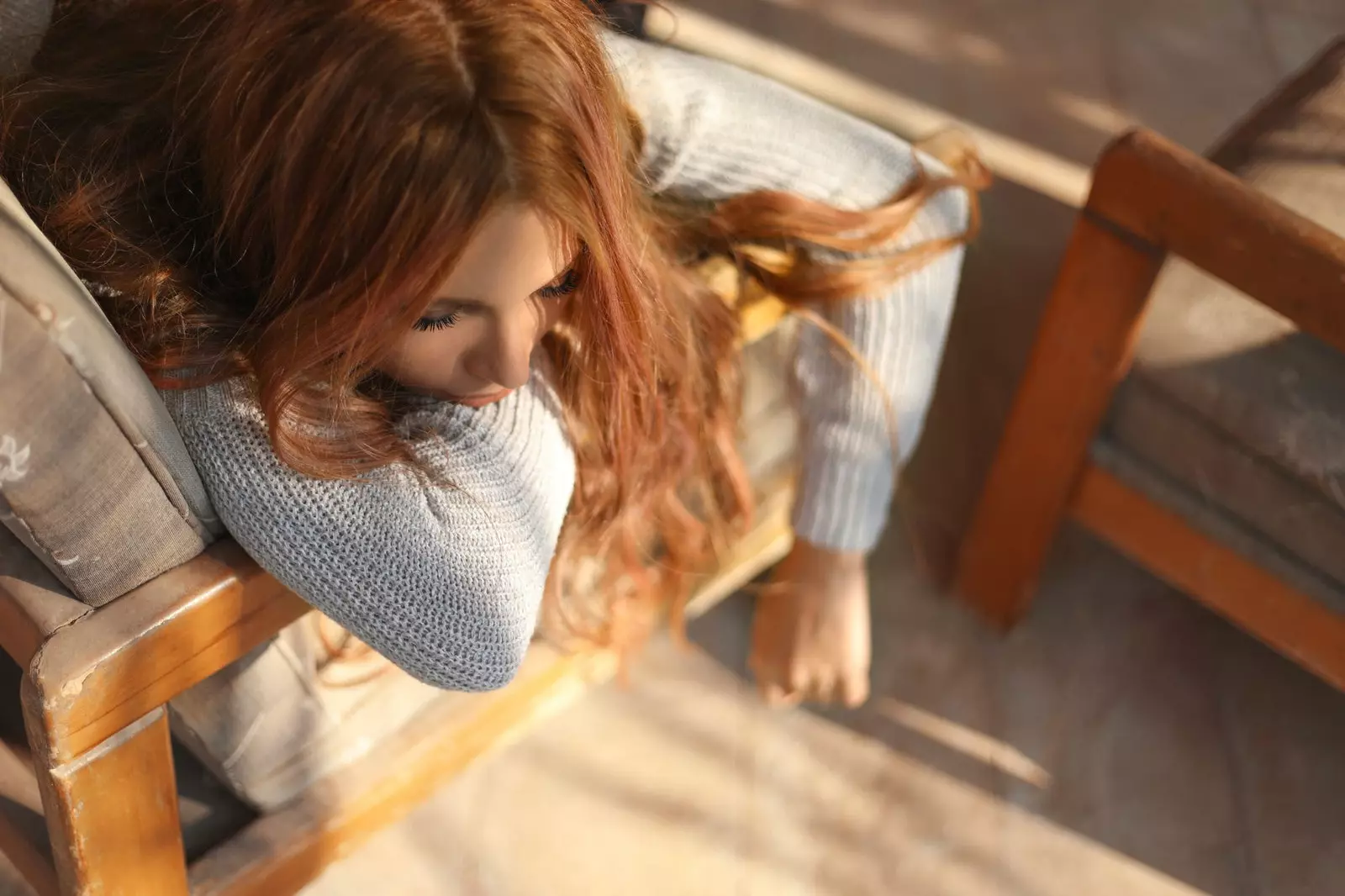
What is pandemic fatigue and how to deal with it?
"We need fewer pills and more therapy. We urgently need a precise recycling of the mental health system in our country”, she concludes.
The next wave of the coronavirus that we must try to prevent is the psychological one, one that directly affects our mental health. To ensure that it does not stay in this 2020, but that it sets a precedent for everything that is to come.
Say goodbye to stigmatization and welcome the acceptance that we must put on the same level being healthy in both body and mind. We will get it? We can start by putting it into practice right now.
